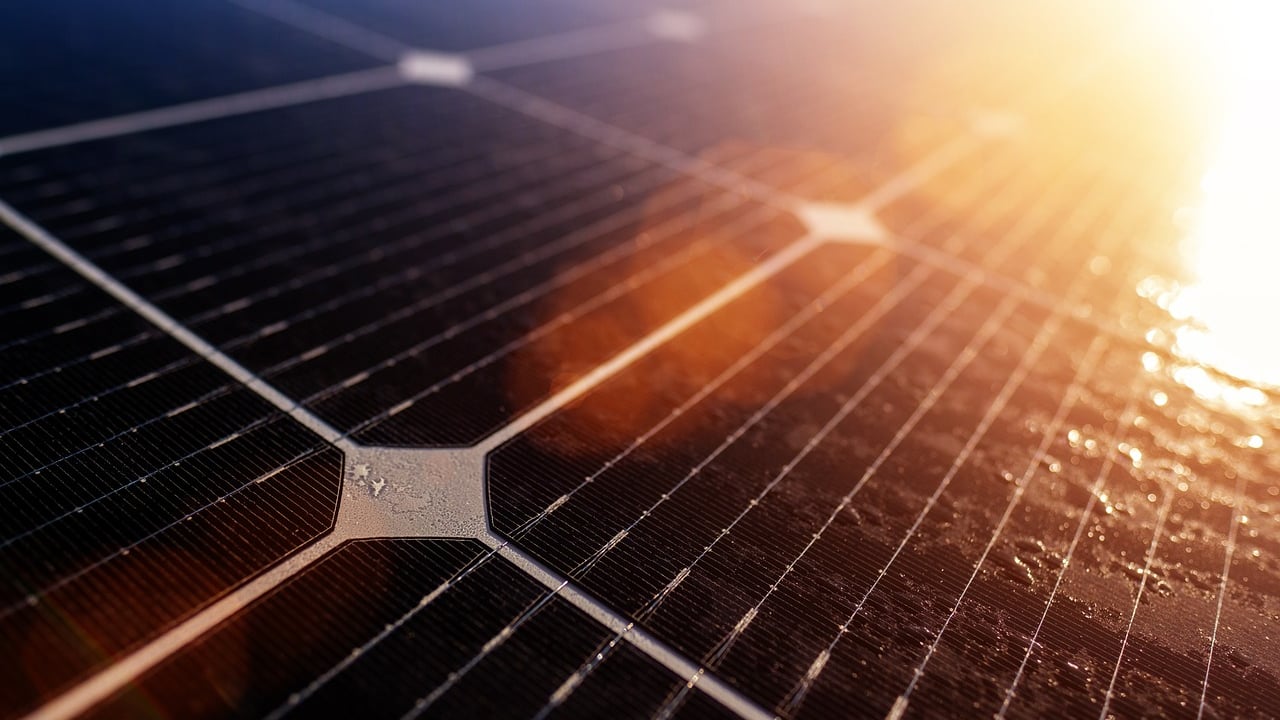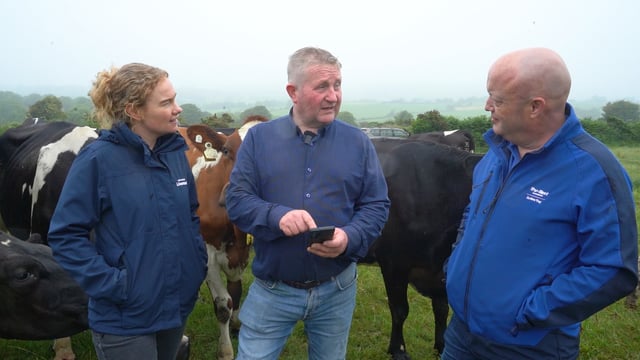'Solar has strong role to play providing income for farmers'- Minister
The Minister for the Environment, Climate and Communications, Darragh O'Brien, has said that the government has committed to introducing planning guidelines for solar farms which support and provide certainty in the development of solar energy in agriculture.
Responding to a parliamentary question from Fianna Fáil TD Pádraig O'Sullivan last Thursday, February 20, the minister reaffirmed Ireland’s targets of 8 gigawatts (GW) of solar energy by 2030, in order to support Ireland's target of supplying 80% of electricity demand with renewables.
"Ireland now has circa 1.4GW of solar energy generation, with significant further development needed to support Ireland’s economic growth and meet our growing energy demands," Minister O'Brien said.
"Under the aegis of the Accelerating Renewable Electricity Taskforce, officials from my department, and the Department of Housing, Local Government and Heritage are developing a supporting policy framework for Ireland’s electricity supply which will deliver a regional balance and distribution of renewable technologies, including solar," he added.
According to the minister, the second phase of the Land Use Review, which is currently underway, will seek to identify the key demands on land to inform policies for land use across key government objectives.
"Solar energy has a strong role to play in providing income diversification for farmers, with opportunities for farmers to generate their own indigenous renewable energy from micro and small scale renewable projects, as well as receive income from larger scale developments," he said.
"Development of grid scale solar can include co-location with agricultural activities leading to a net reduction in emissions and supporting land-use diversification options for farmers," he concluded.
Last October, the Climate Change Advisory Council (CCAC) said that while the fall in emissions in 2023 brought Ireland closer to achieving its first carbon budget, the lack of significant progress makes it unlikely that Ireland will meet its second carbon budget in the period 2026–2030.
The council called for the end of Ireland’s reliance on “harmful, expensive, and unsustainable” fossil fuels.
The CCAC said that this is a crucial and urgent transformational action for Ireland, and must be seen as a priority across all sectors.





